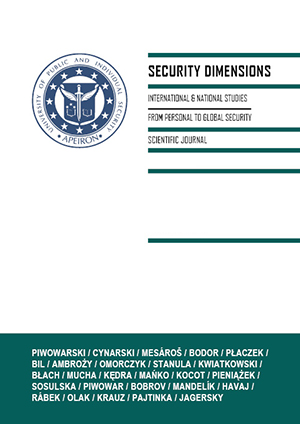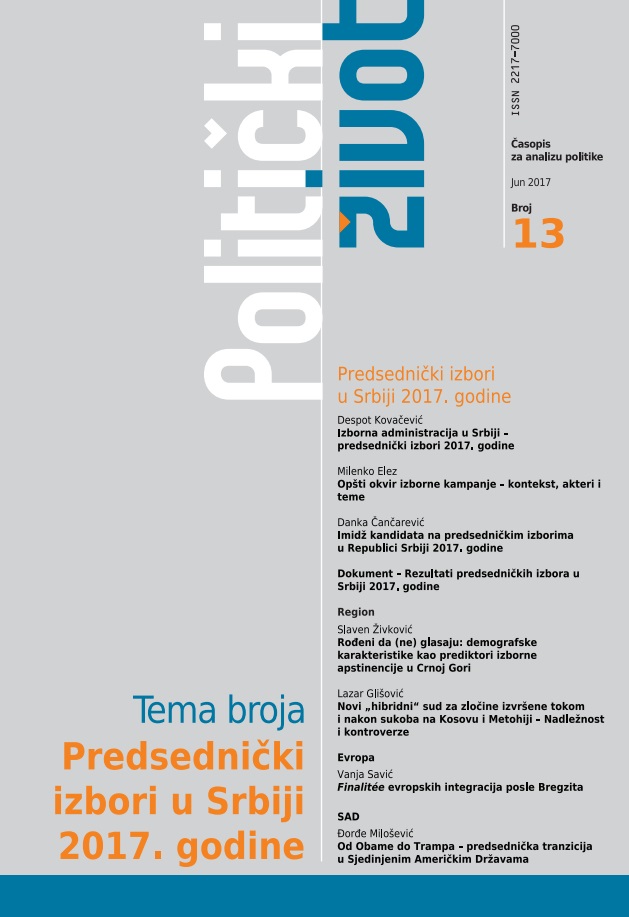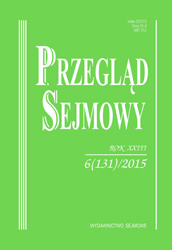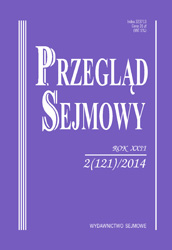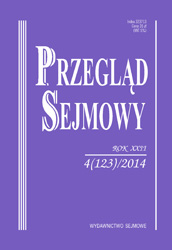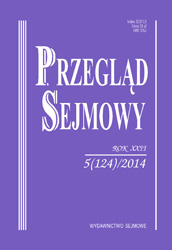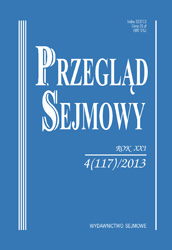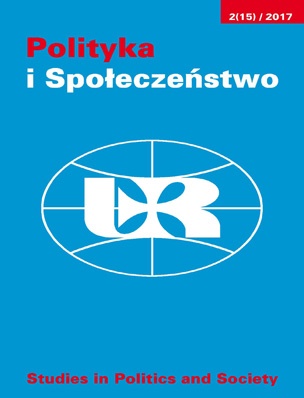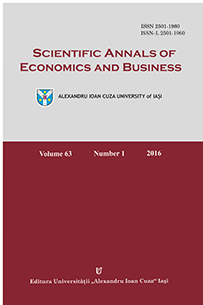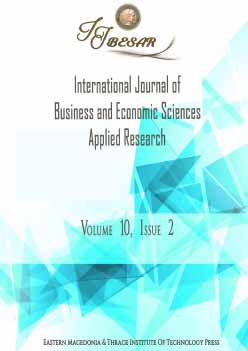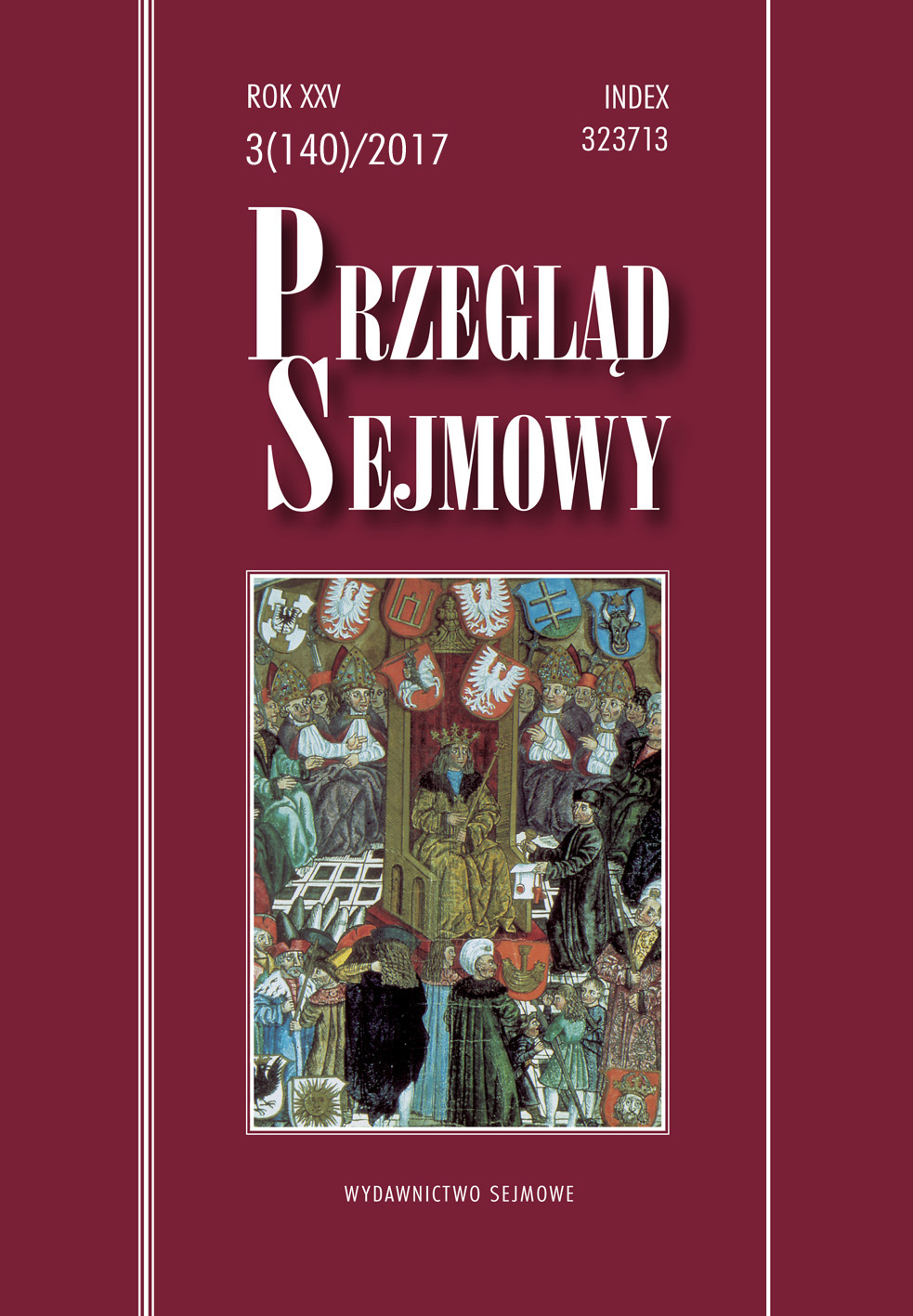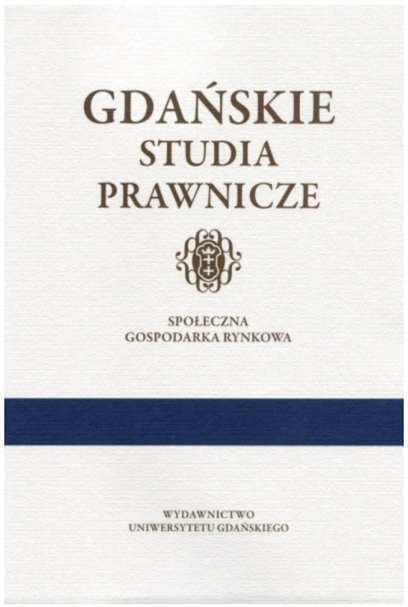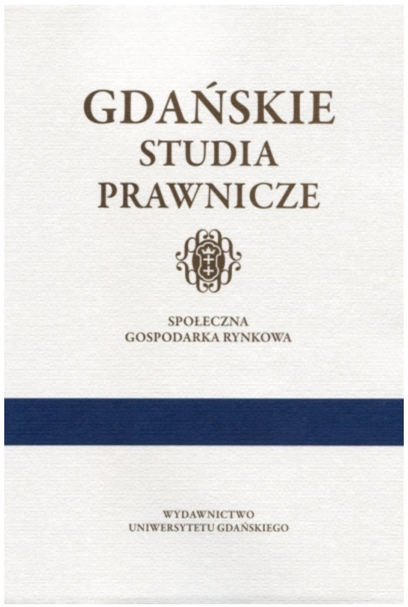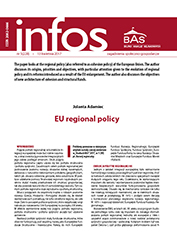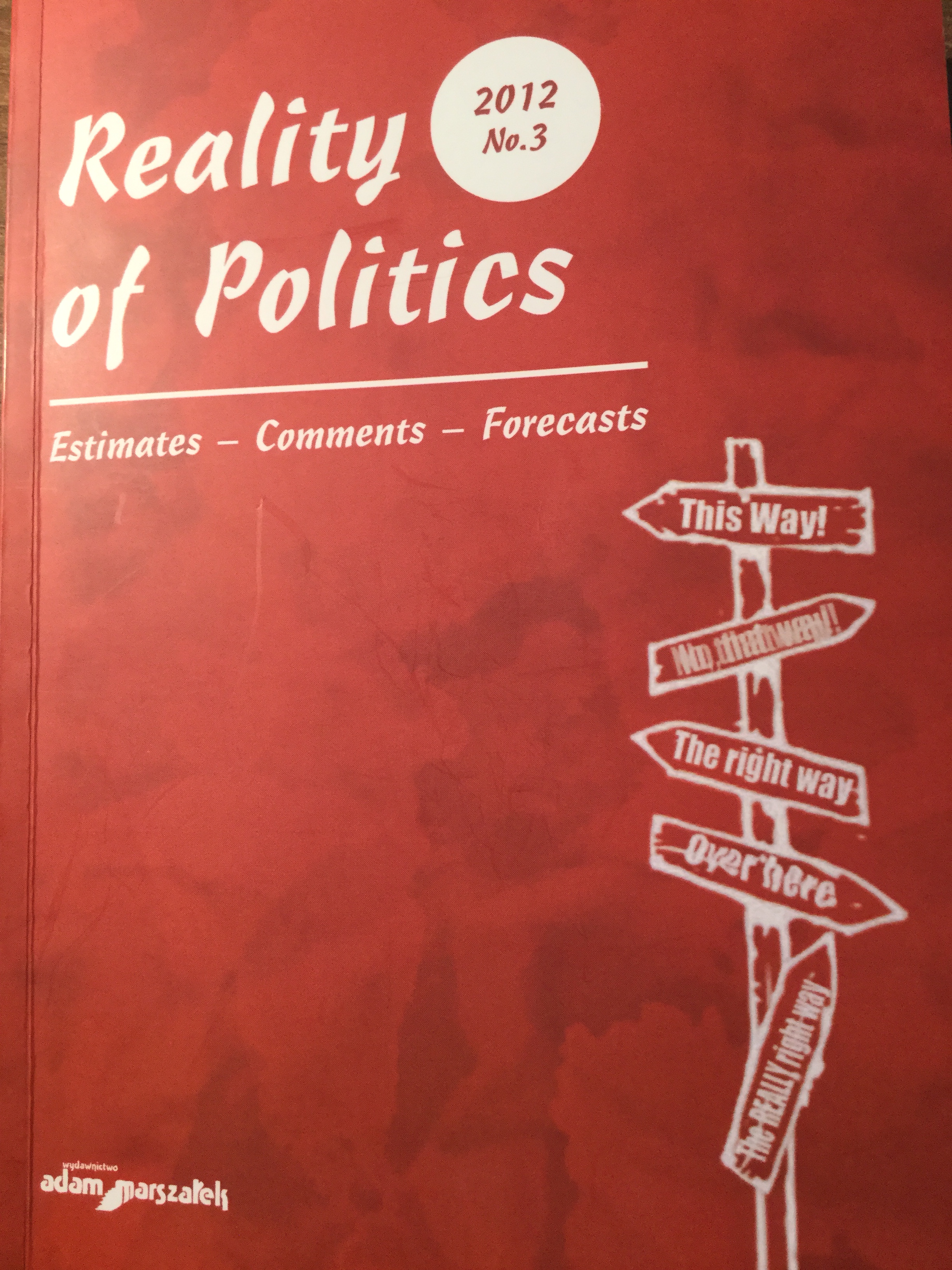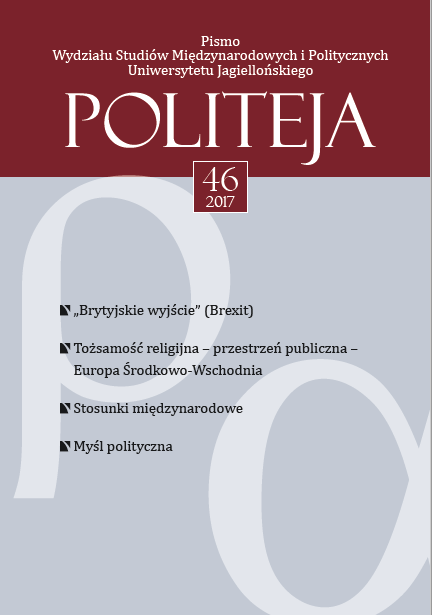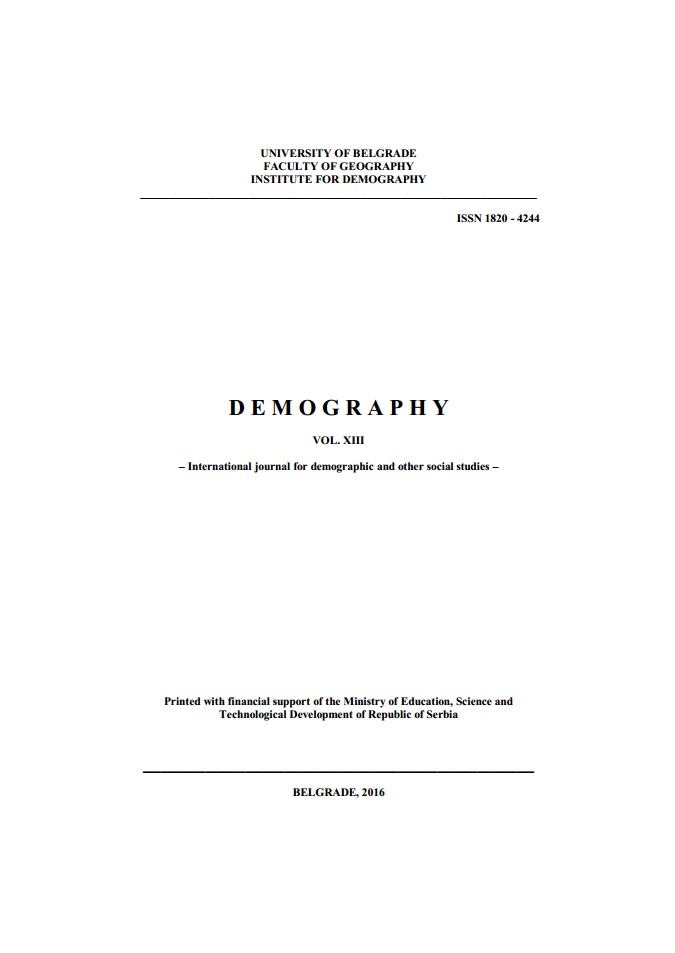
Миграциона политика Европске Уније
More than two decades there is a tendency in the European Union towards harmonization of migration policies among Member States. However, the slow functioning of European structures, as well as the fact that each country has its own demographic problems, the different level of unemployment, the specifics of the cultural, social and economic development, are an impediment for explicit formulation of unified migration policy. In the time of the great migrations caused by global factors, primarily the relations between the great powers, civil wars and geopolitical implications, it is necessary to harmonize migration policy among all EU member states. This is primarily due to the fact that because such unforeseen migration flows from Africa and the Middle East caused changes in demographic characteristic of the EU, religious structures, with special attention to the integration of migrants and change in population distribution. Thats why is necessary to understand the connection of demographic elements with other elements of social systems in order to create meaningfull policy toward all types of migration flows.
More...
